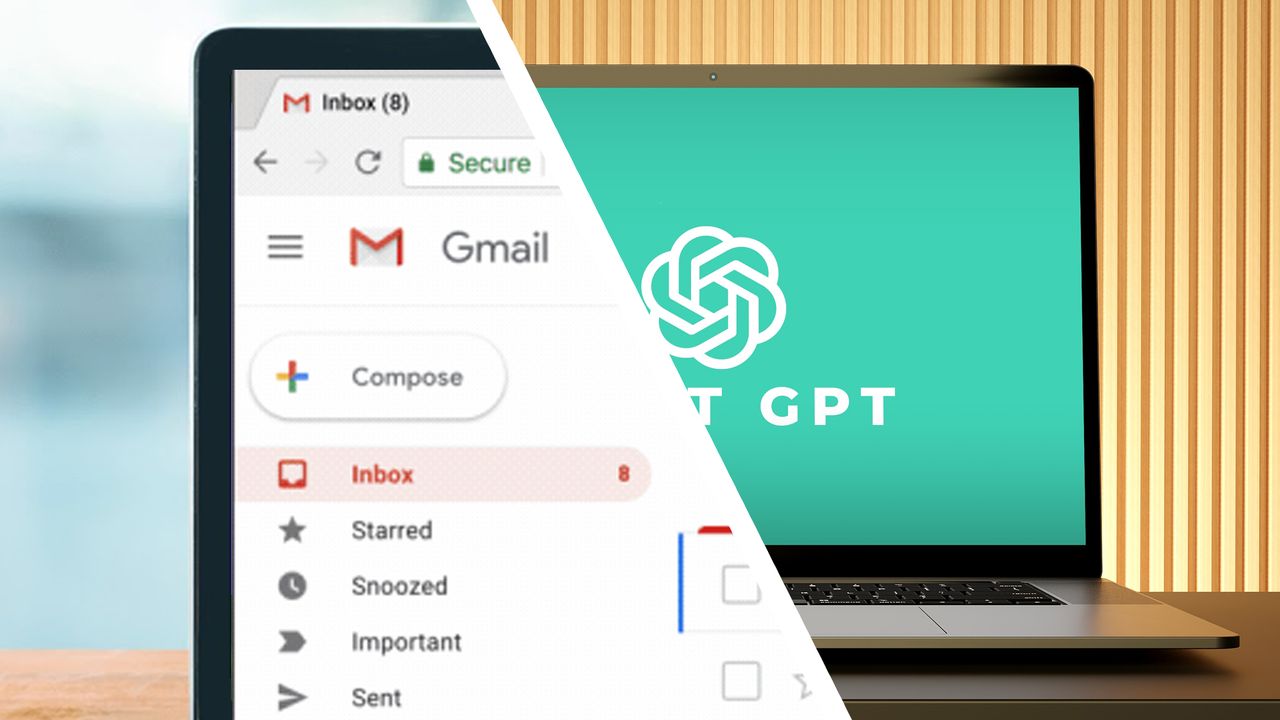
OpenAI Begins Selling Extra Credits for Sora Video Generation
OpenAI has started offering paid extensions for its Sora AI video‑generation tool. Users can purchase an extra ten video generations for $4 through the Apple App Store, supplementing the existing limit of thirty free generations per day. Company officials say the free quota may be lowered in the future as GPU capacity becomes a constraint. OpenAI also hinted at a broader monetization strategy that would let right‑sholders license their copyrighted characters, artwork, or likenesses for cameo‑style uses, a move that comes amid a trademark lawsuit from Cameo.










